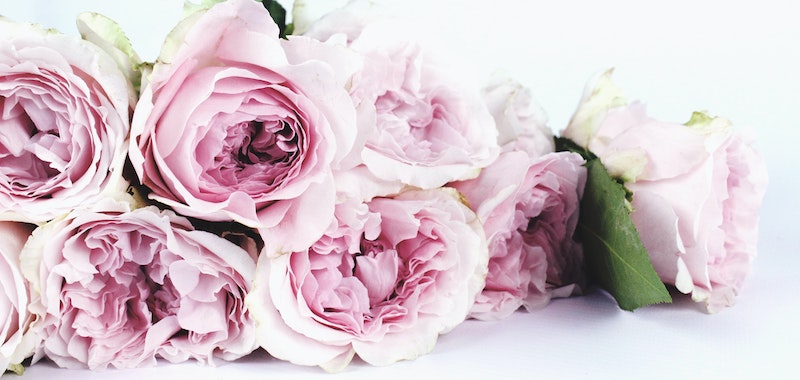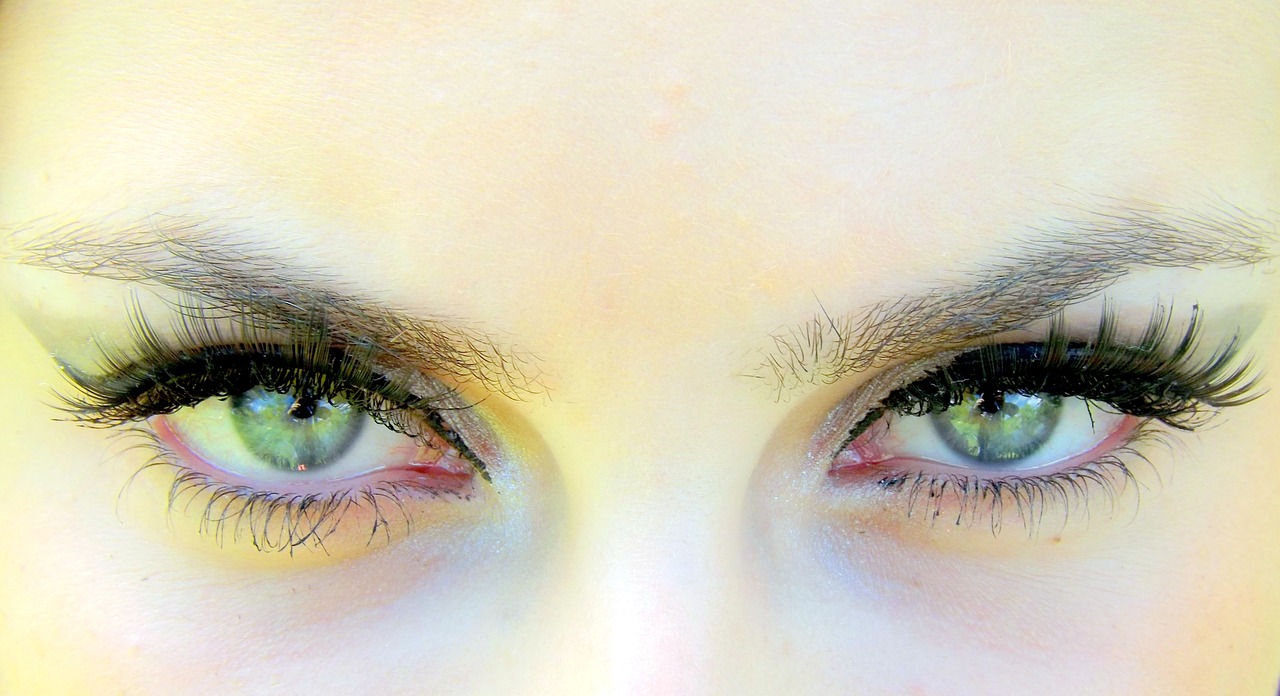How to Tackle Spring Allergies This Season
Spring is here! Spring is here! After a seemingly endless torrent of cold fronts and actual colds, we can all relax and enjoy the warmer weather, right? Maybe. That pesky fiend, pollen, starts to rear its fuzzy head in late spring. Allergies can be a plague to many singers. Just when we think we're starting to feel better after months of hibernation and lack of vitamin D, the little spores start getting in the way of the perfect high C!
So whether you have your end of term recital, your first Musetta at La Scala, or just need good vocal health, here are some top tips for surviving, and thriving, during allergy season:
Medicine:
- Pills: There are a number of strong allergy pills out there, popular ones being Claritin, Benadryl Allergy, and Piriton. Though highly effective, these antihistamine pills fiercely dry out the pharynx. If you have bad enough allergies to warrant pill-usage, up your hydration intake. I drink an extra 500ml or 16oz of water per dose. Experiment to see what works best for you.
- Sprays: During my worst allergy seasons, Beconase and Vancenase have worked for me, but I only recommend them for short time use. Use a spray a least an hour before singing; always make sure the spray doesn't trickle down your throat as this can exacerbate dryness; and like the pills, up your water intake!
- Shots: The granddaddy of allergy medication, shots can be less invasive to your singing. If you feel your allergies are chronic, go ask your friendly ENT and see if shots would be good for you.
Herbal and homeopathic remedy:
- Lozenges: As a quick remedy for minor mucus, lozenges can be great. Vocalzone and Fisherman’s Friend are effective ones, but like sprays, this should be for temporary or short-term usage. Try and find a combo of vitamin C, echinacea, and zinc at your local health store.
- Effervescent tablets: These quick and popular fizzy tablets can help when you think a heavy mucus day is ahead. Berocca is my go-to effervescent tablet, but I know some singers who swear by Airborne. Use only when you feel a cold coming on or when your immune system needs an extra boost.
- Humidifiers/dehumidifiers/nebulizers: Depending on the environment in which you live, sing, and work, one of these machines might be massively useful. Growing up in the desert, I regularly used a small humidifier when my allergies got bad, especially overnight. Often, a cheaper machine works effectively, but if you do get a cheap one, remember to clean it out regularly.
Hydration:
- Water: A doctor told me a great rule of thumb years ago that I use all the time: cold water encourages mucus and hot water discourages mucus. If you are feeling phlegmy try drinking lukewarm or hot drinks. If your allergies are making your throat really dry, try some refrigerated water and see if it gets things flowing.
- General hydration: As a general rule, singers should aim for 2L or 68oz of water per day. If the pollen is especially high, maybe try overloading your system with water to flush things out.
Just like in sports, the best defense is a good offense. If your general health is in good shape, then you will have a better chance of surviving the next allergy season. Eating well, sleeping well, and exercise can be a good offense, readying you to tackle those little pollen spores of doom.
NOTE: Most of these remedies should include an increased water intake and be used short-term.








